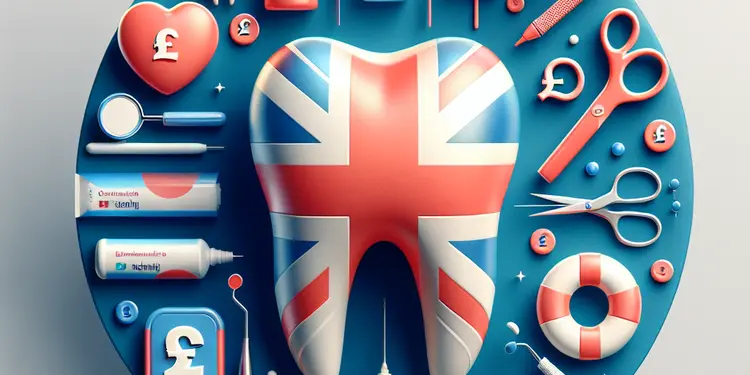
Find Help
More Items From Ergsy search
-
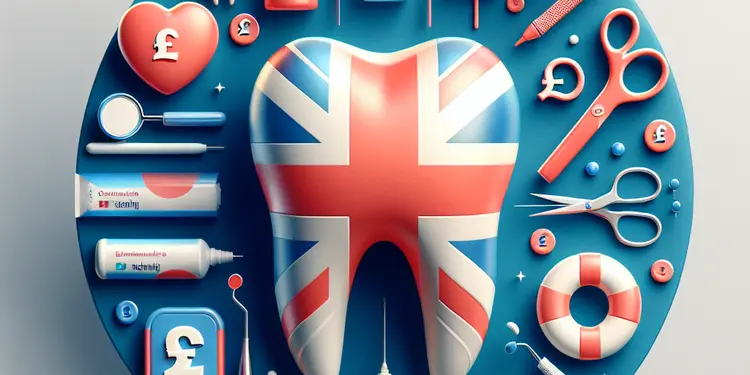
How does fluoride help prevent tooth decay?
Relevance: 100%
-
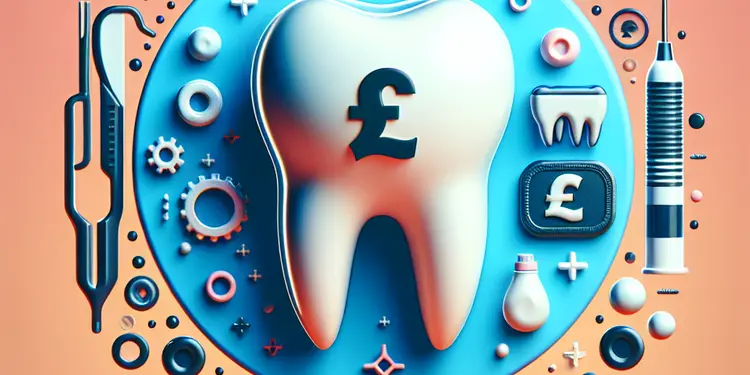
How can I prevent tooth decay?
Relevance: 87%
-
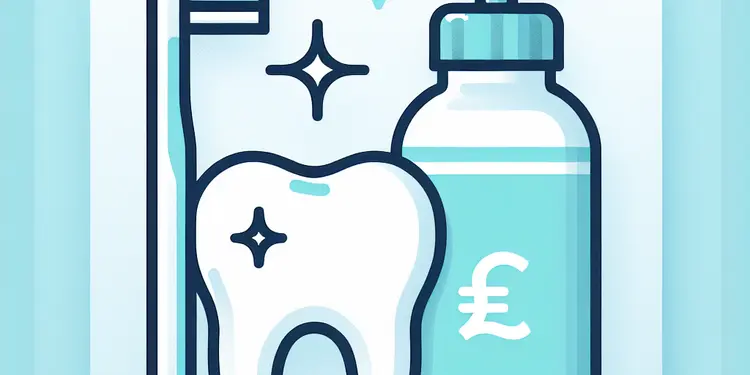
Can using mouthwash prevent tooth decay?
Relevance: 82%
-
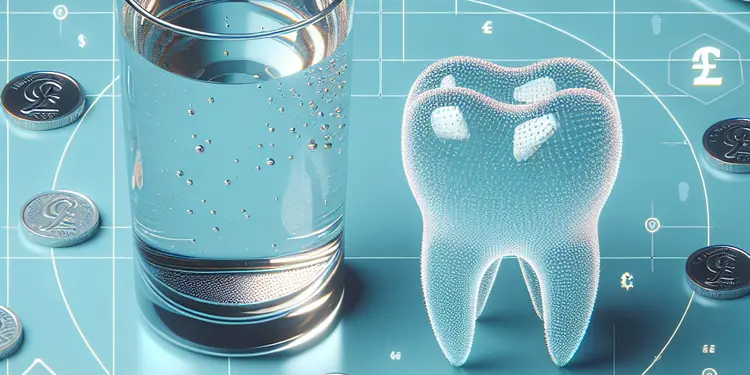
Can drinking water help prevent tooth decay?
Relevance: 81%
-
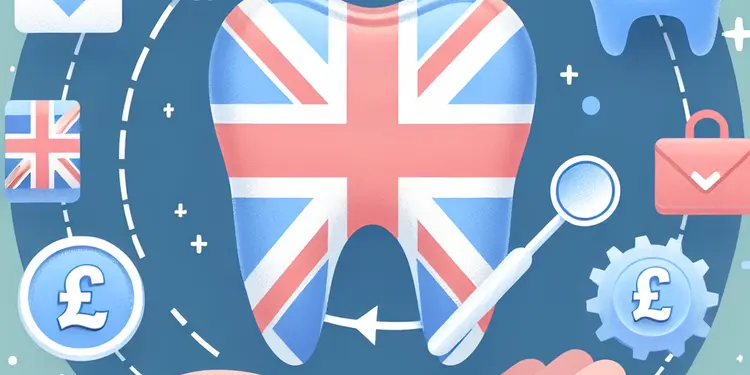
Can tooth decay be reversed?
Relevance: 80%
-
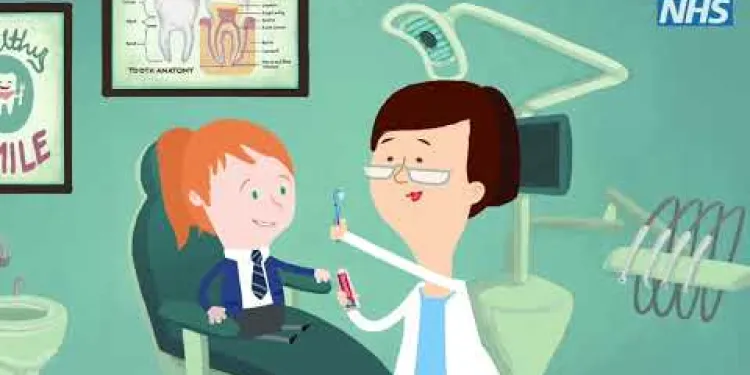
Oral Health Awareness - Tooth Decay
Relevance: 79%
-
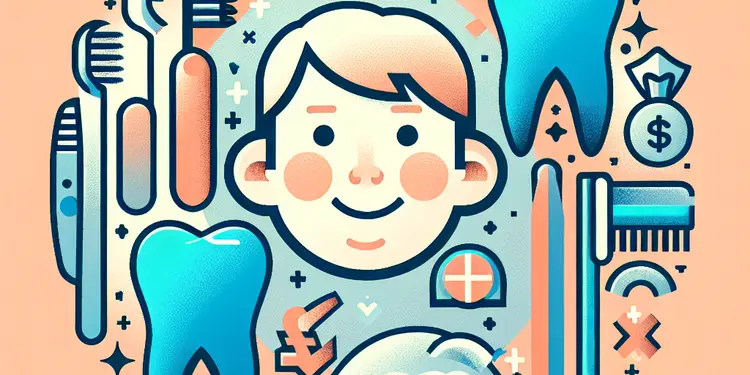
Is tooth decay common in children?
Relevance: 77%
-
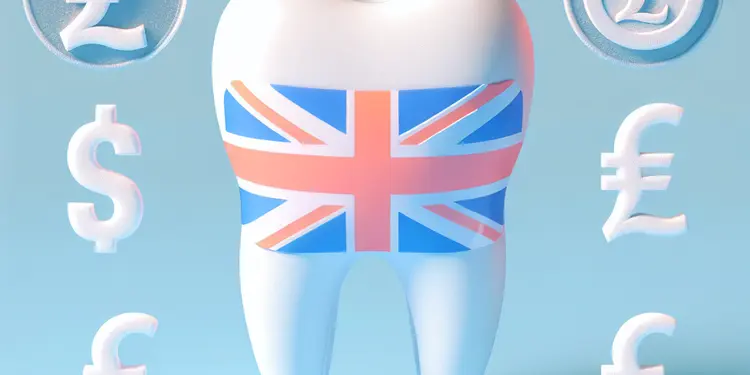
How does diet affect tooth decay?
Relevance: 72%
-

How is tooth decay diagnosed?
Relevance: 70%
-

What is the role of dental sealants in preventing tooth decay?
Relevance: 70%
-
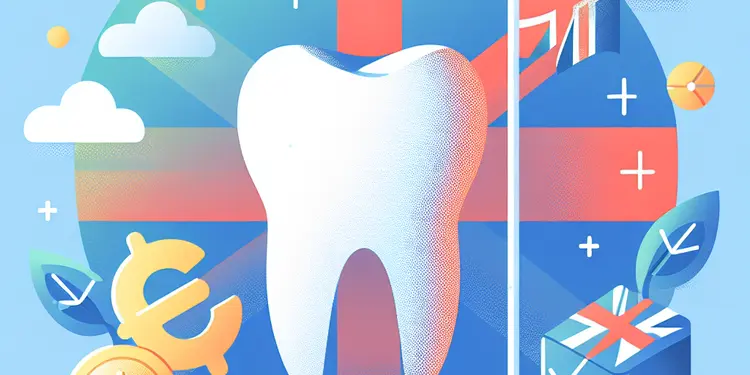
What are the symptoms of tooth decay?
Relevance: 67%
-
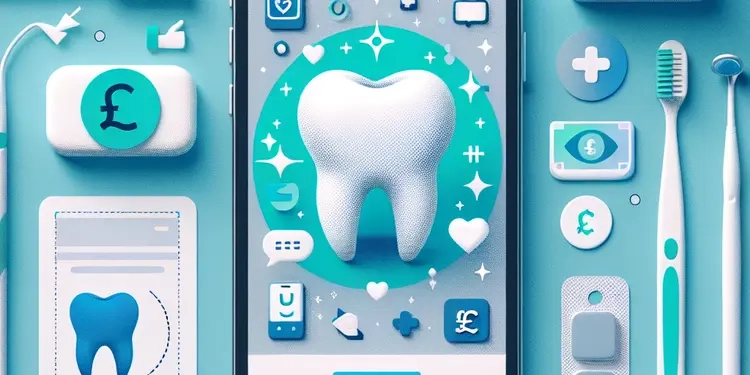
What is tooth decay?
Relevance: 57%
-

Are sugary drinks worse than sugary foods for causing tooth decay?
Relevance: 53%
-
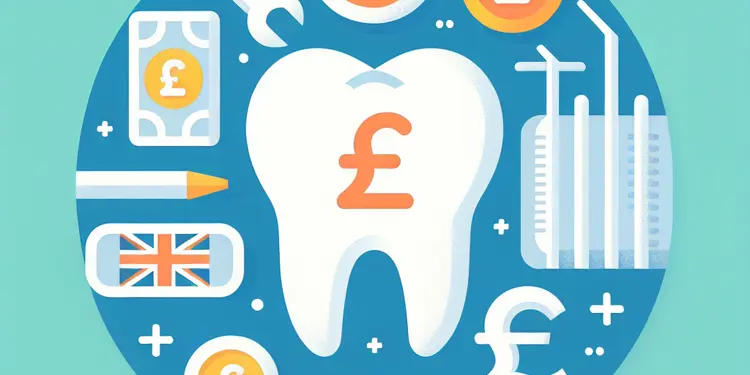
What treatments are available for tooth decay?
Relevance: 51%
-

Dental Health: Tips for All Ages
Relevance: 40%
-

Is orange juice acidic and can it affect teeth?
Relevance: 23%
-

What treatments are covered by the NHS dental service?
Relevance: 21%
-
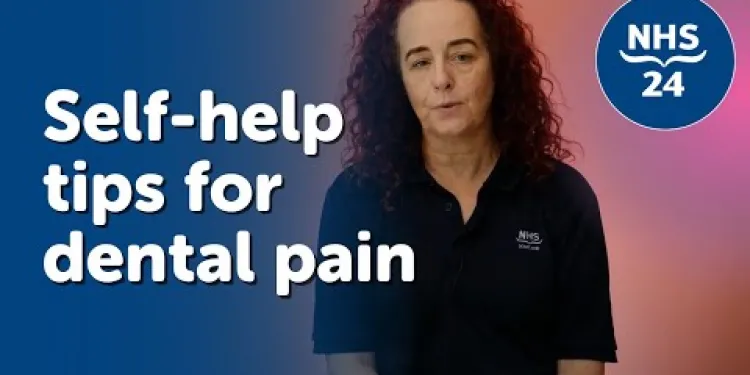
NHS 24 | Self-help tips for dental pain
Relevance: 21%
-

How can I satisfy my sweet tooth without consuming sugar?
Relevance: 20%
-
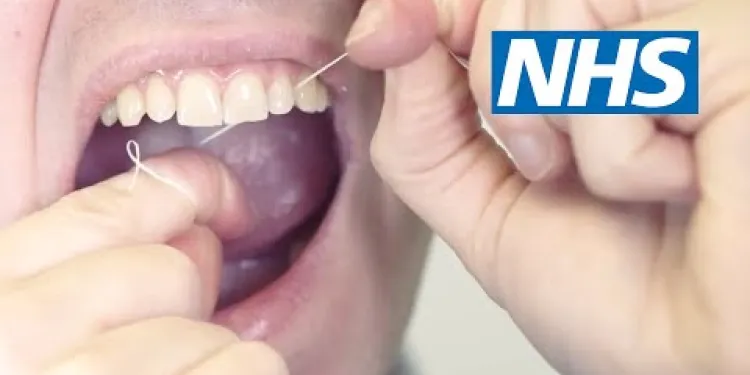
How to floss | NHS
Relevance: 19%
-
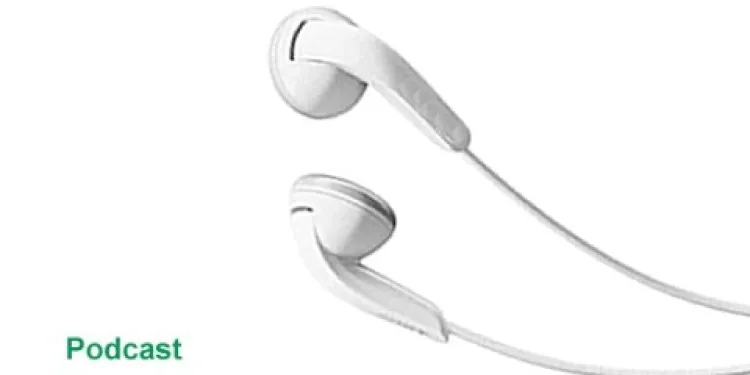
Coping with dry mouth
Relevance: 19%
-
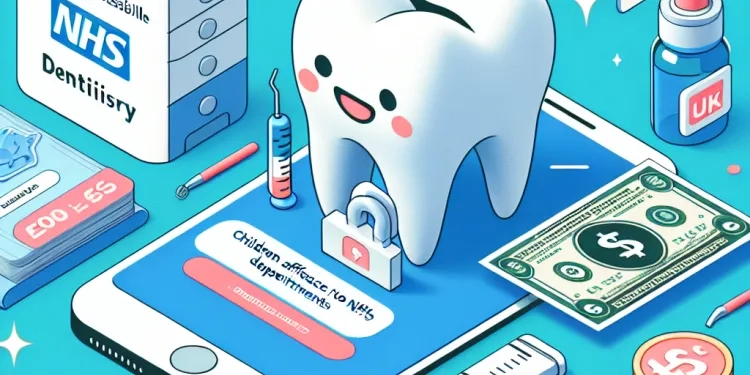
Can children get NHS dentist appointments?
Relevance: 17%
-

Are Turkey Teeth only for aesthetic purposes?
Relevance: 16%
-

How much sugar should I eat every day?
Relevance: 15%
-
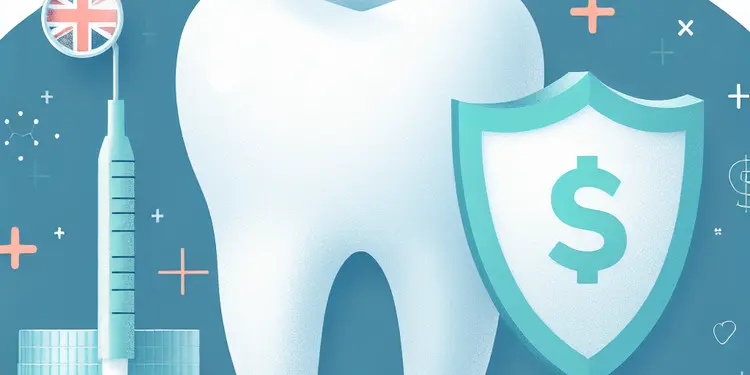
What treatments are covered by the NHS dental services?
Relevance: 15%
-
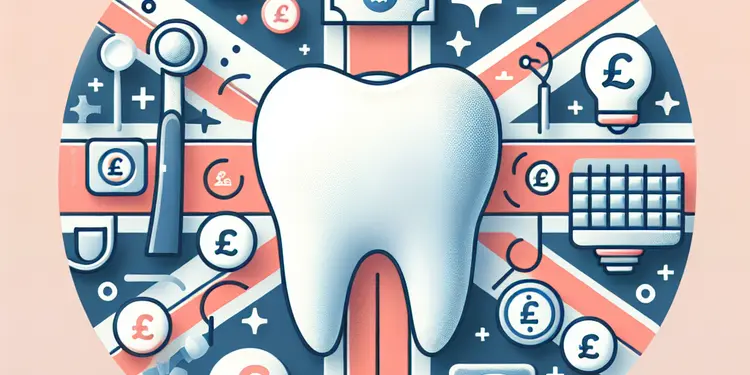
What is the difference between veneers and crowns?
Relevance: 14%
-
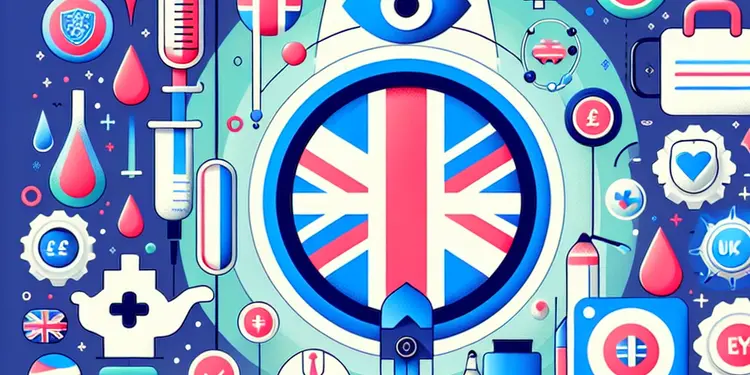
Can hypotony be prevented?
Relevance: 14%
-
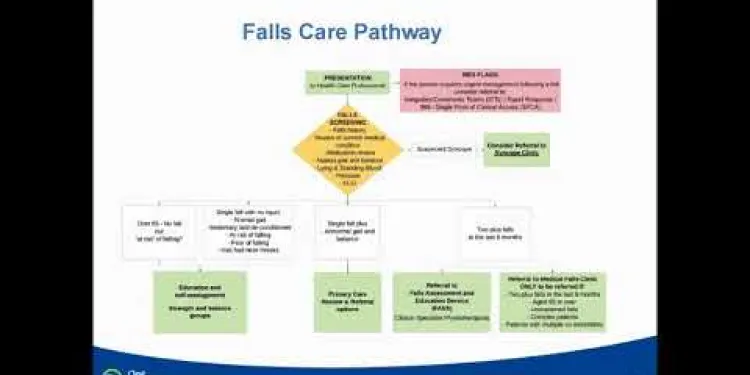
Falls Prevention Podcast
Relevance: 14%
-

Can CFS be prevented?
Relevance: 14%
-

Can meningitis be prevented?
Relevance: 14%
-

Can gonorrhoea be prevented?
Relevance: 14%
-
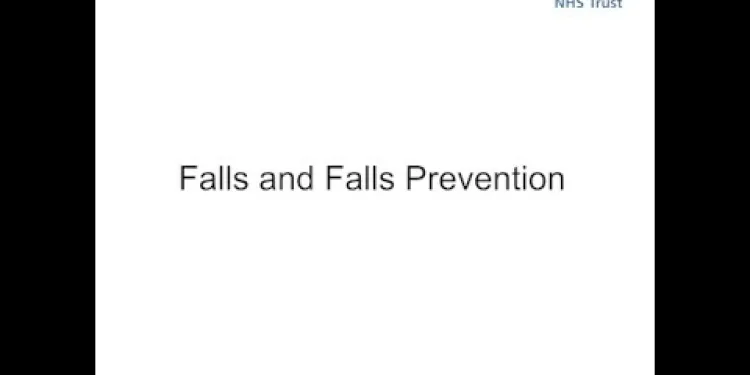
Falls and Falls Prevention
Relevance: 14%
-
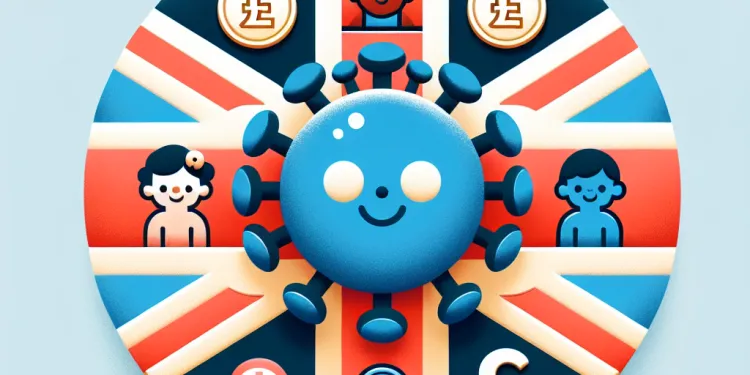
Can chickenpox be prevented?
Relevance: 14%
-
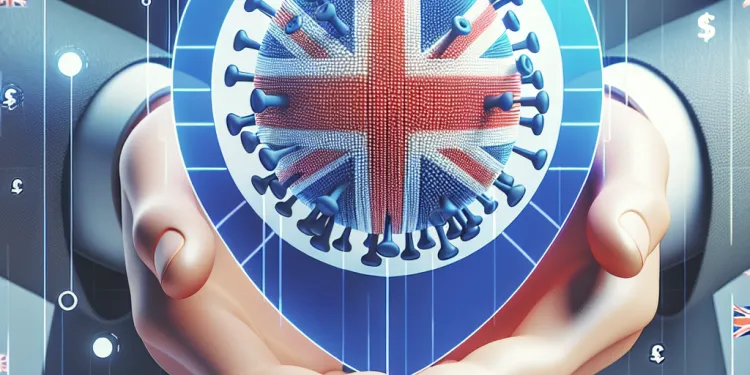
Can Rubella be prevented?
Relevance: 13%
-
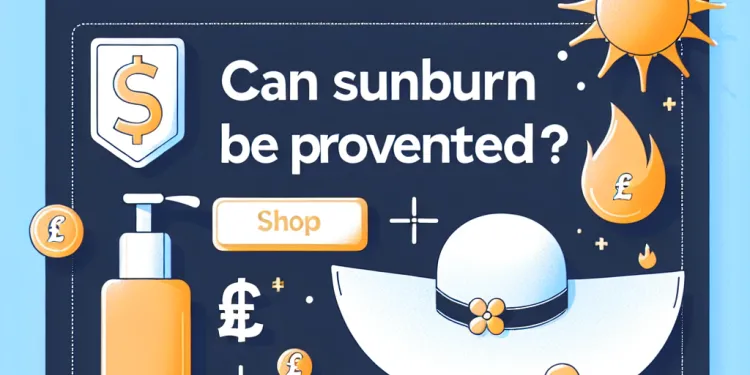
Can sunburn be prevented?
Relevance: 13%
-

How can I maintain my Turkey Teeth after the procedure?
Relevance: 13%
-

Can shingles be prevented?
Relevance: 13%
-

Is postnatal depression preventable?
Relevance: 13%
-

Can shingles be prevented?
Relevance: 13%
-

What are 'free sugars' and why should they be limited?
Relevance: 13%
Understanding Fluoride and Its Role in Oral Health
Fluoride is a naturally occurring mineral that plays a crucial role in maintaining oral health. It is often added to dental care products and public water supplies due to its proven benefits in preventing tooth decay. Although fluoride is available naturally in various foods and water sources, its supplemental use has become an integral part of dental care strategies around the world, including the UK.
How Fluoride Helps Prevent Tooth Decay
Tooth decay is a common dental problem caused by the build-up of plaque on the teeth. Plaque, a sticky film of bacteria, can erode the enamel of teeth over time, leading to cavities. Fluoride helps to counteract this process in several ways.
Firstly, fluoride strengthens the tooth enamel, making it more resistant to the acid attacks that result from plaque bacteria. When fluoride is present in the mouth, it is absorbed into the structure of the enamel, helping to repair the enamel by replenishing lost minerals. This process is known as remineralisation.
Secondly, fluoride exerts antibacterial properties. It inhibits the ability of bacteria to produce acid, thereby reducing the overall acid production in the mouth. This decreases the incidence of acid attacks on the tooth surface, ultimately lowering the risk of cavities and tooth decay.
Furthermore, fluoride promotes the repair of early stages of tooth decay even before it becomes visible to the naked eye. By enhancing remineralisation, fluoride can reverse early dental caries, preventing them from developing into more serious cavities.
Sources of Fluoride
In the UK, fluoride is commonly delivered through two main sources: fluoride toothpaste and fluoridated water supplies. The use of fluoride toothpaste is a simple yet effective method to ensure people are getting an adequate amount of fluoride daily. Most dentists recommend brushing teeth at least twice a day with a fluoride toothpaste that contains at least 1,350 ppm of fluoride for optimal protection.
Additionally, some communities benefit from water fluoridation, where fluoride is added to the local water supply to achieve a concentration effective in preventing tooth decay. This public health intervention has been shown to reduce dental decay significantly in populations with access to such water supplies.
Conclusion
Fluoride plays an indispensable role in oral health by protecting teeth against decay and reversing early damage. Through routine use of fluoride toothpaste and the presence of fluoridated water, individuals can maintain stronger and healthier teeth. Regular dental check-ups and discussions with dental professionals can further enhance the preventative benefits of fluoride in maintaining lifelong oral health.
Understanding Fluoride and Its Role in Oral Health
Fluoride is a natural mineral. It helps keep our teeth healthy. Fluoride is put in toothpaste and water because it stops tooth decay. Tooth decay is when teeth go bad. Even though fluoride is in some foods and water, using extra fluoride helps keep our teeth strong.
How Fluoride Helps Prevent Tooth Decay
Tooth decay happens when stuff called plaque builds up on teeth. Plaque is a sticky layer of germs. These germs can make holes in our teeth, called cavities.
Fluoride helps in a few ways. First, it makes tooth enamel stronger. Enamel is the hard outer layer of the tooth. Strong enamel can fight off acid attacks from plaque. Fluoride goes into the enamel and helps fix it when it gets weak. This fixing is called remineralisation.
Second, fluoride fights the germs that make acid. It stops them from making too much acid. Less acid means less harm to teeth and fewer cavities.
Fluoride also helps fix tiny starting points of decay. It can fix these early problems before they become big cavities.
Sources of Fluoride
In the UK, we get fluoride from toothpaste and water. Using fluoride toothpaste is easy and important. Dentists say to brush teeth twice a day with toothpaste that has fluoride in it. The toothpaste should have at least 1,350 ppm fluoride. This number shows how much fluoride is in the toothpaste.
In some places, fluoride is added to the water. This helps everyone get enough fluoride to keep their teeth healthy. Water with fluoride can greatly reduce tooth decay in those areas.
Conclusion
Fluoride is very important for healthy teeth. It stops tooth decay and fixes small problems before they get worse. Using fluoride toothpaste and drinking water with fluoride helps keep teeth strong. Going to the dentist regularly is good, too. Dentists can help you take care of your teeth with fluoride and other tools.
Frequently Asked Questions
What is fluoride?
Fluoride is a naturally occurring mineral that is found in water, soil, and various foods. It is also added to dental products like toothpaste and mouth rinse.
How does fluoride prevent tooth decay?
Fluoride helps to remineralize tooth enamel, making it more resistant to acid attacks from plaque bacteria and sugars in the mouth, thus preventing tooth decay.
Can fluoride reverse tooth decay?
Fluoride can help reverse early stages of tooth decay by promoting remineralization of weakened enamel.
Is fluoride safe for children?
Yes, fluoride is safe for children when used appropriately in toothpaste and drinking water. Overuse can lead to dental fluorosis, so it is important to use the recommended amounts.
How does fluoride strengthen tooth enamel?
Fluoride enhances the re-uptake of calcium and phosphate into the enamel, helping to repair and strengthen it against decay.
What is the best way to get fluoride?
Common ways to receive fluoride include drinking fluoridated water, using fluoride toothpaste, and getting fluoride treatments at the dentist.
Is fluoridated water effective in preventing tooth decay?
Yes, studies have shown that drinking fluoridated water can significantly reduce the incidence of tooth decay in communities.
How often should I use fluoride toothpaste?
It is recommended to brush your teeth twice a day with fluoride toothpaste for optimal dental health.
What age should children start using fluoride toothpaste?
Children should start using fluoride toothpaste as soon as they begin to get teeth, with only a small, pea-sized amount for young children.
Can fluoride cause allergies?
Fluoride allergies are extremely rare, but some individuals may have sensitivities. It is best to consult a healthcare professional if you suspect an allergy.
What is dental fluorosis?
Dental fluorosis is a cosmetic condition caused by excessive fluoride intake during tooth development, leading to discoloration or spots on teeth.
Are fluoride mouth rinses effective?
Fluoride mouth rinses can be effective, especially for individuals at high risk of tooth decay, as they add an extra layer of protection.
Can adults benefit from fluoride as well?
Yes, adults can benefit from fluoride, as it continues to help prevent tooth decay and strengthen enamel throughout life.
Is fluoride only beneficial for children's teeth?
No, fluoride benefits individuals of all ages by preventing tooth decay and improving dental health.
What are professional fluoride treatments?
Professional fluoride treatments are high-concentration fluoride products applied by a dentist to protect teeth from decay.
Can using fluoride toothpaste help with sensitivity?
Yes, certain fluoride toothpastes are specially formulated to help reduce tooth sensitivity.
Is there fluoride in bottled water?
Some bottled waters contain fluoride, but the levels can vary. It's important to check the label if you're relying on bottled water for fluoride.
How does fluoride interact with other dental treatments?
Fluoride complements other dental treatments by providing an additional layer of protection against decay, enhancing overall results.
Does fluoride in drinking water affect its taste?
Fluoride is typically added in such small amounts that it does not affect the taste or smell of drinking water.
Why do some communities oppose water fluoridation?
Opposition to water fluoridation often stems from concerns about possible health effects, perceived violations of personal freedom, or lack of comprehensive understanding of its benefits.
What is fluoride?
Fluoride is a natural thing that is found in some rocks and water. It helps keep your teeth strong and healthy.
Supportive tools: You can use picture books or videos to learn more about fluoride in a fun way.
Fluoride is a natural mineral. It is found in water, soil, and some foods. It is also put in things like toothpaste and mouthwash.
How does fluoride stop teeth from getting holes?
Fluoride makes your teeth strong. It helps fix and protect the hard surface of your teeth called enamel. This keeps your teeth safe from bad stuff like acid and sugar that can make them decay or rot.
Can fluoride fix cavities in teeth?
Fluoride can help fix teeth that are starting to get a cavity. It makes the outside of the tooth, called enamel, strong again.
Is Fluoride Safe for Kids?
Fluoride is a mineral that helps keep our teeth strong. It can protect teeth from getting holes or cavities.
Doctors and dentists say fluoride is safe for kids. But, it is important to use the right amount.
When brushing your child’s teeth, use only a little bit of toothpaste with fluoride. About the size of a pea is good.
If you have more questions, you can ask your child’s dentist for help. They can tell you more about keeping teeth healthy!
Yes, fluoride is safe for kids if they use it the right way. It's in toothpaste and drinking water. If you use too much fluoride, it can cause white spots on teeth, called dental fluorosis. So, it’s important to use the right amount.
Parents can help by putting just a little bit of toothpaste on the brush, about the size of a pea, and making sure kids spit it out after brushing. Talking to a dentist is a good idea to get the best advice for your child.
How does fluoride make teeth strong?
Fluoride helps make the outside of your teeth, called enamel, strong. It stops holes from growing in your teeth. Brushing with fluoride toothpaste can help keep your teeth healthy.
Tools that can help:
- Use a toothbrush with a soft grip.
- Try toothpaste with fluoride.
- Ask a dentist about mouth rinses with fluoride.
Fluoride helps to fix teeth and make them strong. It puts important stuff back into teeth to keep them healthy and strong.
How can I get fluoride in the best way?
Fluoride helps keep your teeth strong. Here are some easy ways to get fluoride:
- Drink water: Many places add fluoride to tap water. It is good for your teeth.
- Brush teeth: Use toothpaste with fluoride. Brush your teeth 2 times every day.
- Mouthwash: Some mouthwashes have fluoride. They can help protect your teeth too.
Tools to help you remember:
- Set a reminder: Use a phone alarm to remind you to brush your teeth.
- Chart: Make a brush and rinse chart. Tick it each time you brush and rinse.
There are different ways to get fluoride. You can get it from drinking water, brushing your teeth with special toothpaste, and visiting the dentist.
Does fluoride in water help stop cavities?
Yes. Drinking water with fluoride can help keep your teeth healthy. It can stop a lot of tooth problems in a community.
How many times should I use toothpaste with fluoride?
It is good to brush your teeth two times every day. Use toothpaste with fluoride. This helps keep your teeth healthy.
When can kids start using toothpaste with fluoride?
Kids should use toothpaste with fluoride when their first teeth come in. Use just a little, pea-sized bit of toothpaste for young kids.
Can fluoride make you sick?
Fluoride is found in many things like toothpaste and water. Most people are okay with it.
Some people might feel sick because of fluoride, like getting rashes or upset tummies. If you think fluoride makes you sick, tell a grown-up or a doctor.
To help, try using toothpaste without fluoride. You can also drink bottled water if your tap water has fluoride.
Only a few people are allergic to fluoride. It's not common. But some people might be more sensitive to it. If you think you have an allergy, talk to a doctor. They can help you.
What is dental fluorosis?
Dental fluorosis is when you get white or brown spots on your teeth. It happens when you have too much fluoride when you are growing up.
Here are some ways to help:
- Brush your teeth twice every day with a little toothpaste.
- Drink water instead of sugary drinks.
- Visit the dentist for check-ups.
Dental fluorosis happens when there is too much fluoride in the mouth when teeth are forming. It can make white or brown spots on the teeth. It doesn't hurt, but it changes how the teeth look.
Do fluoride mouth rinses work?
Fluoride mouth rinses can help keep teeth healthy. They are really good for people who often get cavities. They add extra protection to your teeth.
Can grown-ups use fluoride too?
Fluoride helps keep teeth strong and healthy. Here are some tips for learning about fluoride: - Ask your dentist about fluoride for your teeth. - Use toothpaste with fluoride every day. - Drink water with fluoride if you can. It's good for both kids and grown-ups!Yes, fluoride is good for adults too. It helps stop teeth from getting holes and makes teeth strong.
Is fluoride good for adults, too?
Fluoride helps keep teeth strong. Kids and grown-ups can both use fluoride. It helps stop tooth decay. Using fluoride toothpaste and mouthwash is a good idea.No, fluoride helps everyone. It stops teeth from getting holes and keeps your teeth strong and healthy.
What is a professional fluoride treatment?
A dentist uses special fluoride to help keep your teeth strong and stop them from getting bad spots.
Does fluoride toothpaste help if my teeth hurt?
Yes, some toothpastes have a special ingredient called fluoride. They help if your teeth feel sore when you eat or drink something hot or cold.
Does bottled water have fluoride in it?
Some bottled water brands have fluoride. Others do not have any fluoride.
If it is important for you to know, check the bottle label. It may tell you if there is fluoride.
If you need help, ask someone to read the label with you or use a magnifying glass to see the words better.
Some bottled water has fluoride in it. But the amount can be different. It's a good idea to look at the label if you want fluoride in your water.
How does fluoride work with other tooth treatments?
Fluoride helps keep your teeth strong. It works well with other tooth treatments like fillings or braces.
Here are some tips to help you:
- Use a soft toothbrush.
- Brush your teeth every day.
- Use toothpaste with fluoride.
- Visit your dentist to check your teeth.
Fluoride helps make your teeth stronger. It works with other dental treatments to keep your teeth safe from getting holes.
Does fluoride in drinking water change how it tastes?
Fluoride is a thing put in water to help keep our teeth strong.
When fluoride is in the water, most people don't notice any change in taste. It still tastes like normal water.
If you find water tastes different, it might be because of other things in it, not just fluoride.
To help understand better, you can:
- Ask someone to taste the water with you and tell what they find.
- Use a water filter to see if the taste changes.
Fluoride is put in water in tiny amounts. It does not change how the water tastes or smells.
Why do some people not want fluoride in water?
Some people do not want fluoride added to their water. They may worry about health, money, or other reasons.
To help understand this better, you can:
- Ask a grown-up you trust.
- Watch videos with simple explanations.
- Use pictures to help you learn.
- Talk to a teacher or helper.
Some people don't like putting fluoride in water. They worry it might not be safe.
They also think it takes away their choice about what to drink.
Sometimes, people don't know how fluoride can help teeth stay healthy.
If you need help learning about this, you can use simple books or talk to a dentist.
Useful Links
This website offers general information and is not a substitute for professional advice.
Always seek guidance from qualified professionals.
If you have any medical concerns or need urgent help, contact a healthcare professional or emergency services immediately.
Some of this content was generated with AI assistance. We’ve done our best to keep it accurate, helpful, and human-friendly.
- Ergsy carfully checks the information in the videos we provide here.
- Videos shown by Youtube after a video has completed, have NOT been reviewed by ERGSY.
- To view, click the arrow in centre of video.
- Most of the videos you find here will have subtitles and/or closed captions available.
- You may need to turn these on, and choose your preferred language.
- Go to the video you'd like to watch.
- If closed captions (CC) are available, settings will be visible on the bottom right of the video player.
- To turn on Captions, click settings .
- To turn off Captions, click settings again.
More Items From Ergsy search
-

How does fluoride help prevent tooth decay?
Relevance: 100%
-

How can I prevent tooth decay?
Relevance: 87%
-

Can using mouthwash prevent tooth decay?
Relevance: 82%
-

Can drinking water help prevent tooth decay?
Relevance: 81%
-

Can tooth decay be reversed?
Relevance: 80%
-

Oral Health Awareness - Tooth Decay
Relevance: 79%
-

Is tooth decay common in children?
Relevance: 77%
-

How does diet affect tooth decay?
Relevance: 72%
-

How is tooth decay diagnosed?
Relevance: 70%
-

What is the role of dental sealants in preventing tooth decay?
Relevance: 70%
-

What are the symptoms of tooth decay?
Relevance: 67%
-

What is tooth decay?
Relevance: 57%
-

Are sugary drinks worse than sugary foods for causing tooth decay?
Relevance: 53%
-

What treatments are available for tooth decay?
Relevance: 51%
-

Dental Health: Tips for All Ages
Relevance: 40%
-

Is orange juice acidic and can it affect teeth?
Relevance: 23%
-

What treatments are covered by the NHS dental service?
Relevance: 21%
-

NHS 24 | Self-help tips for dental pain
Relevance: 21%
-

How can I satisfy my sweet tooth without consuming sugar?
Relevance: 20%
-

How to floss | NHS
Relevance: 19%
-

Coping with dry mouth
Relevance: 19%
-

Can children get NHS dentist appointments?
Relevance: 17%
-

Are Turkey Teeth only for aesthetic purposes?
Relevance: 16%
-

How much sugar should I eat every day?
Relevance: 15%
-

What treatments are covered by the NHS dental services?
Relevance: 15%
-

What is the difference between veneers and crowns?
Relevance: 14%
-

Can hypotony be prevented?
Relevance: 14%
-

Falls Prevention Podcast
Relevance: 14%
-

Can CFS be prevented?
Relevance: 14%
-

Can meningitis be prevented?
Relevance: 14%
-

Can gonorrhoea be prevented?
Relevance: 14%
-

Falls and Falls Prevention
Relevance: 14%
-

Can chickenpox be prevented?
Relevance: 14%
-

Can Rubella be prevented?
Relevance: 13%
-

Can sunburn be prevented?
Relevance: 13%
-

How can I maintain my Turkey Teeth after the procedure?
Relevance: 13%
-

Can shingles be prevented?
Relevance: 13%
-

Is postnatal depression preventable?
Relevance: 13%
-

Can shingles be prevented?
Relevance: 13%
-

What are 'free sugars' and why should they be limited?
Relevance: 13%


